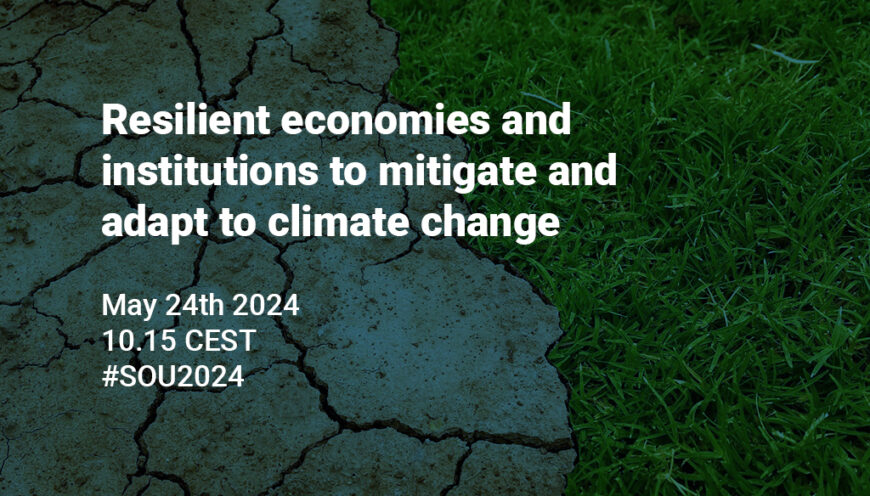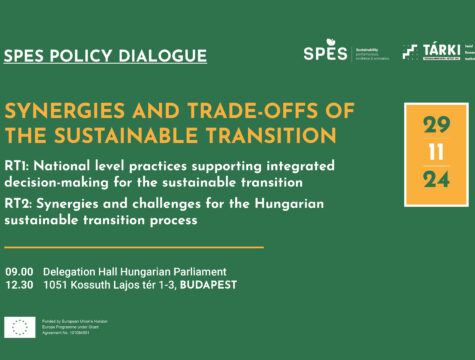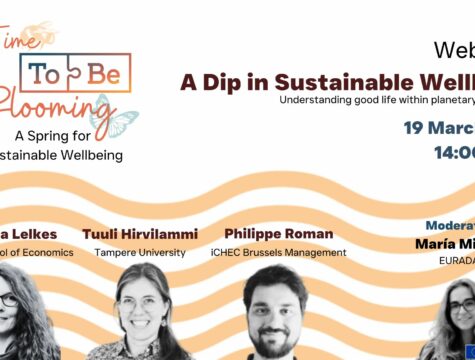The frequency of natural disasters due to climate change is increasing, and institutions across different geographic areas are not equally ready to cope with such events. In fact, the lack of adequate institutional responses is likely to exacerbate the consequences of these events. Making the EU and developing countries better able to cope with the devastating consequences of climate change requires an articulated policy mix around carbon price, and resilient and reactive institutions and processes. Many economical, political and social lessons can be drawn from the recent health and war crises but also natural disasters.
Simone Borghesi and Fabrizia Mealli, from the Florence School of Regulation of the European University Institute, moderate a discussion to explore feasible manners to enhance resiliency to climate change pursuing the European Green Deal agenda, taking in consideration the climate mitigation policies. They also address how to better prepare agriculture, biodiversity, the health system and our economies in general to cope with climate change and how to protect the most vulnerable populations in developing countries and in Europe.
They discuss all these topics with:
- Hans-Martin Füssel, Climate Change Adaptation Expert, European Environment Agency (EEA)
- Shonali Pachauri, Research group leader, International Institute for Applied Systems Analysis (IIASA)
- Massamba Thioye, Project Executive UNFCCC Global Innovation Hub, UN Climate Change Secretariat
- Mira Manini Tiwari, Research Associate, RSCAS, EUI
The panel starts at min 01:10:14
The panel “Resilient economies and institutions to mitigate and adapt to climate change” is part of the State of the Union 2024 organized by the European University Institute.
The conference tackles a range of key themes including future enlargements of the European Union, demography, democracy and the rule of law, industrial policy, as well as the digital and green transitions, all of which will play a crucial role in the run-up to the European elections in June 2024. Sustainability emerges as a central focus, with discussions revolving around transitioning to green energy to promote regional cohesion and combat climate change. Digital transformation represents another challenging area of discussion, where experts analyse strategies for enhancing competitiveness, establishing a strong digital public infrastructure and navigating the complexities of AI and blockchain regulation. Moreover, the conference addresses pressing issues including strengthening democracy, countering foreign interference, and addressing the ongoing conflicts in Ukraine and Middle East.




